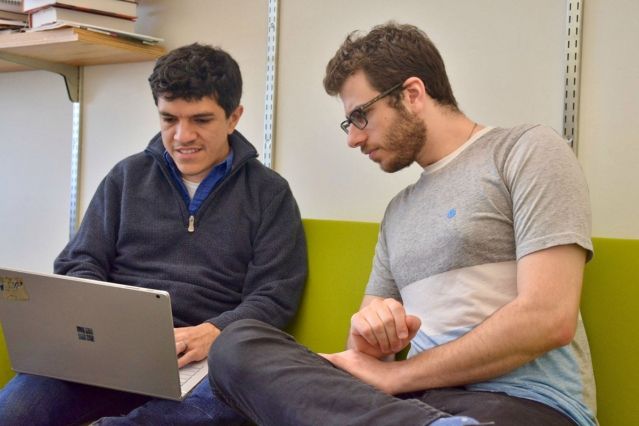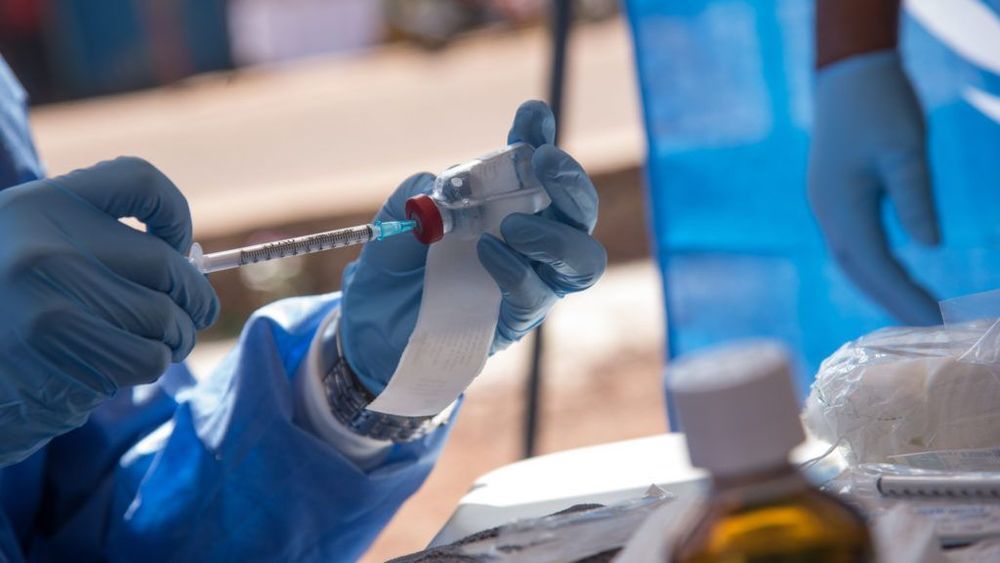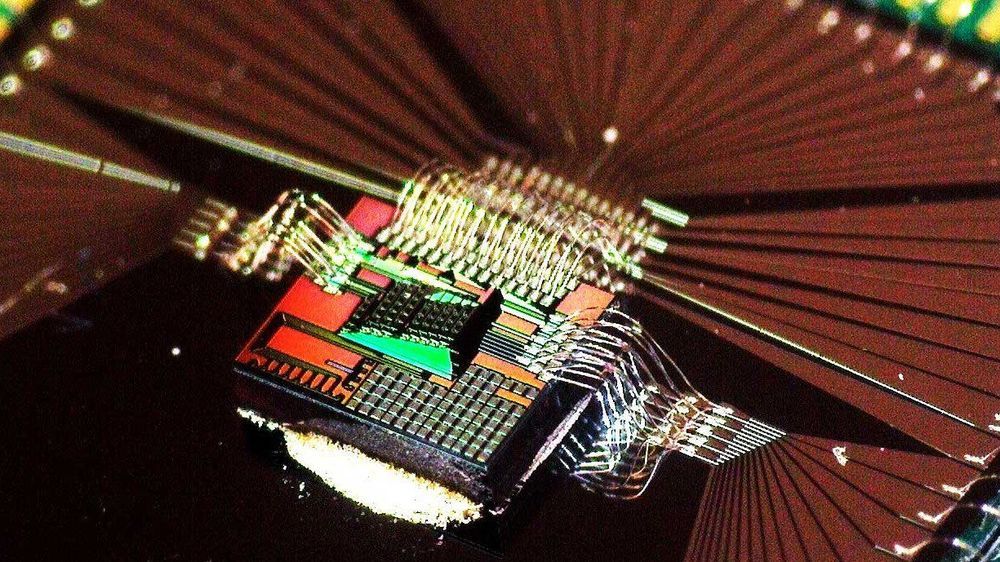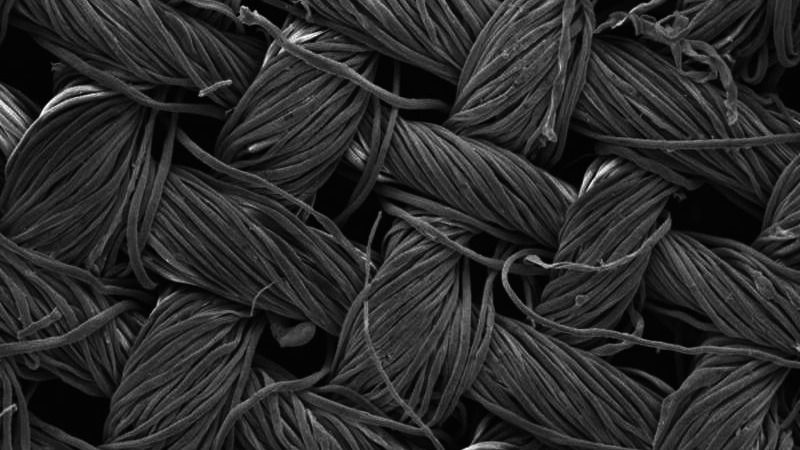Researchers combine deep learning and symbolic reasoning for a more flexible way of teaching computers to program.





To date, more than 110,000 users have run more than 7 million experiments on the public IBM Q Experience devices, publishing more than 145 third-party research papers based on experiments run on the devices. The IBM Q Network has grown to 45 organizations all over the world, including Fortune 500 companies, research labs, academic institutions, and startups. This goal of helping industries and individuals get “quantum ready” with real quantum hardware is what makes IBM Q stand out.
SF: What are the main technological hurdles that still need to be resolved before quantum computing goes mainstream?
JW: Today’s approximate or noisy quantum computers have a coherence time of about 100 microseconds. That’s the time in which an experiment can be run on a quantum processor before errors take over. Error mitigation and error correction will need to be resolved before we have a fault-tolerant quantum computer.

If SpaceX gets a fully reusable Super Heavy Starship flying to orbit in 2020 and then has 100 fully reusable flights by 2023 then the cost of space will drop by 100 times. This will start fulfilling the plans for lunar bases, lunar mining, and space-based solar power.
If each Super Heavy Starship costs $300 million and has $1 million in operating and maintenance cost per flight then the per flight cost is $4 million. Super Heavy Starship is supposed to launch about 100 tons to orbit.
Assuming that 800 Starlink satellites are launched by April 2020, then SpaceX will start doubling its revenue from $2–3 billion to $5–6 billion in 2020 and ten billion in 2021. This will mean that SpaceX will be able to afford to build dozens of Super Heavy Starships.


In a breakthrough that could save thousands of lives, scientists have found a way to convert all blood types to the universal type that is safe for all patients to receive, by using microbes found in the human gut.
Researchers from the University of British Columbia have figured out how to convert blood types A, B and AB into the universal Type O, which all patients can receive in a transfusion, regardless of their own blood type.

What we perceive as our physical material world, is really not physical or material at all, in fact, it is far from it. This has been proven time and time again by multiple Nobel Prize (among many other scientists around the world) winning physicists, one of them being Niels Bohr, a Danish Physicist who made significant contributions to understanding atomic structure and quantum theory.
“If quantum mechanics hasn’t profoundly shocked you, you haven’t understood it yet. Everything we call real is made of things that cannot be regarded as real.” – Niels Bohr
At the turn of the nineteenth century, physicists started to explore the relationship between energy and the structure of matter. In doing so, the belief that a physical, Newtonian material universe that was at the very heart of scientific knowing was dropped, and the realization that matter is nothing but an illusion replaced it. Scientists began to recognize that everything in the Universe is made out of energy.


Circa 2016
Not a big fan of laundry day? Well what if you could wash your clothes just by stepping into the sunshine? Thanks to researchers at RMIT University in Melbourne, a self-cleaning textile could make that possible in the very near future. With the help of special nanostructures grown directly into the fabric, these new textiles could degrade organic matter like dirt, dust, and sweat when exposed to a concentrated light source.
To achieve this effect, the nanostructures used by the RMIT University team are made copper and silver. These metals are great at absorbing visible light, and when they’re exposed to light from the sun or even a light bulb, the nanostructures react with increased energy that creates “hot electrons”.
Hot electrons have to expend their excess energy somehow, and in this case they do so with a rapid burst that lets the nanostructures degrade organic molecules. Once a light source is introduced, the nanostructures take less than six minutes to break down organic matter — in effect cleaning themselves completely.